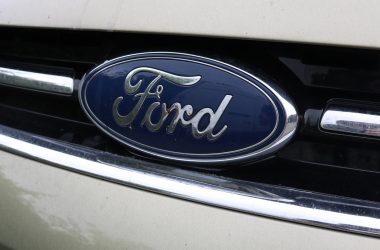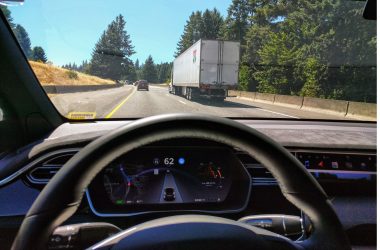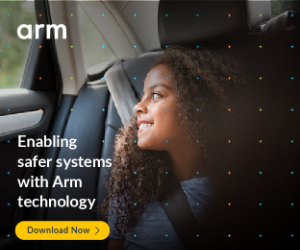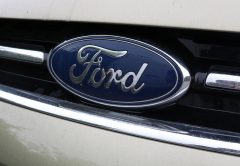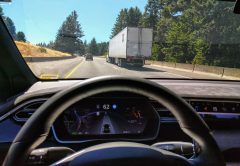LiDAR is believed to be the key to autonomous vehicles, providing the much-needed sensor technology that’s needed to read, decipher and calculate the road’s many complexities.
There are a number of startups (and many established players) that are eager to take LiDAR to the next level. Six of them recently came together for a presentation about their various technologies and to explain why LiDAR is so important to the future of mobility.
Blackmore
Jim Curry, VP of product at Blackmore, kicked off the presentations with a closer look at his company. The firm is unique in that it uses a frequency-modulated approach instead of traditional pulsed LiDAR measurement. Curry said this provides a lot of advantages involving properties of the measurement, data and long-term scalability.
“We are currently shipping the only frequency-modulated mobile LiDAR sensor on the market,” said Curry, whose company has attracted a number of big-name investors, including BMW i Ventures and Toyota AI Ventures.
Unlike older, less effective and efficient technology, Blackmore’s LiDAR is not hindered by solar interference. This means that the sensor is “every bit as sensitive on a bright, sunny day as it is in the dark of night,” Curry explained.
Cepton
Mitch Hourtienne, director of business development for Cepton, discussed the implications for using LiDAR in a Level 3 autonomous vehicle.
First and foremost he said that aesthetics still matter. Ugly rooftop LiDAR won’t cut it, so integration (in a grill or headlamp) is a must. Cost is another issue – Hourtienne warned that consumers will not be willing to pay more for a car just because it has LiDAR.
Innoviz
Innoviz made an interesting point: AV companies are essentially making robots that will drive down roads at several miles per hour. It’s a scary thought when movies like Terminator come to mind (even Elon Musk is concerned!). But if the LiDAR system is designed well enough, the vehicle will be able to properly perceive the environment and better prevent the worst from happening.
Ouster
If you haven’t heard of Ouster, that’s because the company chose to remain in stealth mode for more than two years.
“We’ve really tried to put our products to the forefront and let them do the talking in the market,” said Angus Pacala, co-founder and CEO of Ouster, whose company was officially unveiled in December 2017. “We’ve developed a 360 scanning sensor. It’s the world’s smallest, cheapest and, we think, highest-performance LiDAR sensor that you can currently buy.”
TetraVue
Paul Banks, founder and CTO of TetraVue, spoke about the importance of visual depth.
“Depth is important because…you can identify things more robustly,” said Banks, who noted the significant drop off that occurs when only flat images are analyzed. “If it’s in a safety system, having an accident one every thousand miles [without depth] or one every million miles [with depth] makes a big difference.”
Velodyne
A well-established LiDAR company with years of experience, Velodyne works with the world’s largest OEMs, suppliers and tech giants. The company is focused on building LiDAR with a very high dynamic range, paving the way for the cars of tomorrow.
Each of these firms offers something different, and they’re all vying for business from the same pool of companies. If they want to compete, Aptiv’s Jada Smith said they will need to overcome three primary challenges.
“The first is cost,” said Smith, who serves as Aptiv’s VP of advanced engineering and external relations. “The second is making sure it’s automotive-grade, and we cannot stress that enough. It comes down to vibration and shock, to age, wear and tear, cleaning – all the aspects that our cars have to deal with on a daily basis, those LiDAR sensors have to be able to withstand that.”
Smith said that the third challenge is perception.
“Having algorithms in place, making sure they’re validated and that we have confidence that the use cases are going to be supportive time and time again and create a really safe product,” she explained. “That’s when we’ll see it scale.”
About the author:
Louis Bedigian is an experienced journalist and contributor to various automotive trade publications. He is a dynamic writer, editor and communications specialist with expertise in the areas of journalism, promotional copy, PR, research and social networking.

